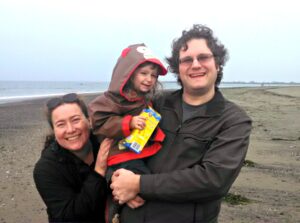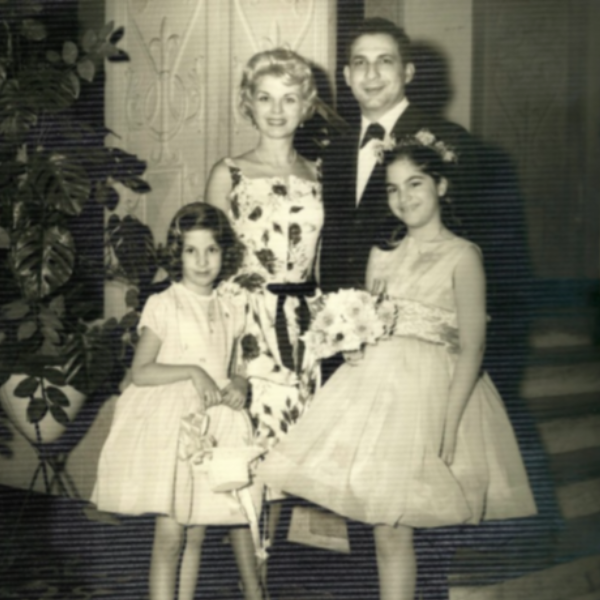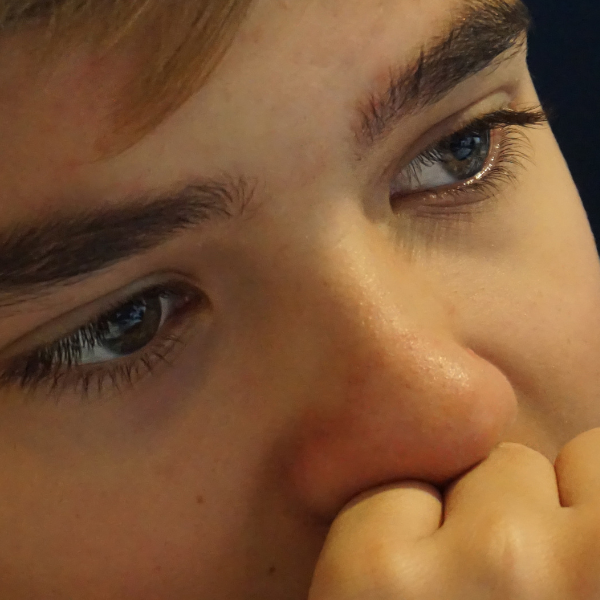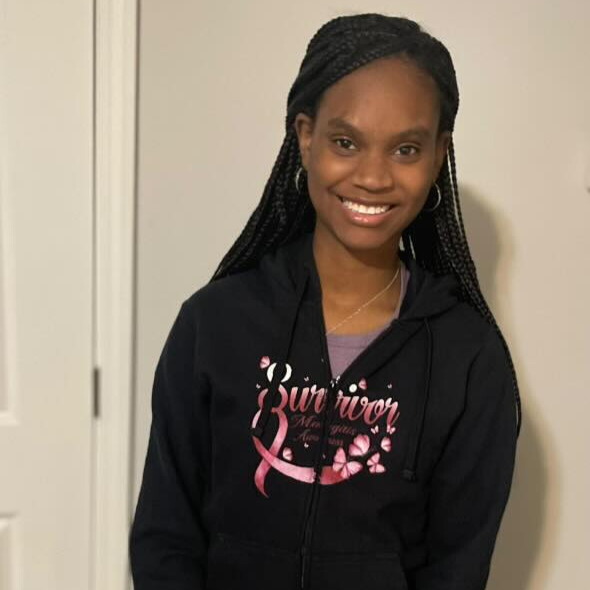I know those people out on the steps of state capitols across the country protesting proposed immunization laws. They are scared and misinformed. I know because I used to be one of them. They aren’t stupid or uncaring. They love their children just as much as you and I do, but many are filled with fear, and most don’t understand the larger context of what they claim to have knowledge about.
 Some of these parents have reasons to be distrustful of doctors, as they have been disenfranchised by experiences of sexism and paternalism and even, in some cases, possible malpractice when seeking medical care. It is incredibly easy to be scared out of making healthcare decisions that are already unpleasant for ourselves or our babies.
Some of these parents have reasons to be distrustful of doctors, as they have been disenfranchised by experiences of sexism and paternalism and even, in some cases, possible malpractice when seeking medical care. It is incredibly easy to be scared out of making healthcare decisions that are already unpleasant for ourselves or our babies.
And if you’re the one out of ten moms who suffer from postpartum anxiety, a chorus of people telling you to listen to your feelings, even if those feelings are products of your anxiety which lie to you and distort the scale of dangers, it becomes all too easy to become hesitant to the point of doing nothing, even though avoiding preventative medicine like vaccination is mathematically a much larger risk to take for our families.
As moms, our vulnerabilities and anxieties have been exploited and weaponized against us by fringe anti-science organizations who cultivate carefully censored social media groups full of appeals to emotion, naturalistic fallacies, and the allure of secret knowledge. These groups, or information from them, can lead us to act against our own best interests, especially when the information is shared by someone we trust. The groups maintain an illusion of certainty by deleting, blocking, harassing, and threatening members who try to bring factual information into the discussion or who ask inconvenient questions. I learned personally that it is nearly impossible to counter the misinformation found in these groups.
An even more insidious spread of the vaccine misinformation that is amplified by online communities is the culture of the local mom groups. It’s not that these groups have overt affiliations with anti-vaccine groups, but members and moderators put social pressure on moms to be nice and supportive. Moms are told to be “good” community members, even if that means tolerating and even providing a platform for dangerous misinformation. In this way, these groups offer yet another route to spreading fear and hesitancy. In my experience when faced with this dilemma, most people will take the calculated risk to side with acceptance in community over engaging in the taboo of public disagreement.
Once I started to realize how I had been misled and got serious about fact checking, the cost of trying to set the record straight was steep. I lost entire support communities, both social and professional. I lost friends, put stress on family relationships, received death threats and was doxxed. Speaking out about vaccines even endangers my current employment, but it is the right thing to do, and I couldn’t live with myself if I didn’t speak out against what is clearly senseless child endangerment.
Just as it doesn’t have to be my job to convince my peers about the importance of common-sense safety products like car seats because of enforceable laws that make sense, it shouldn’t have to be my job to talk my peers into considering common sense safety products like vaccines, but that is and has been my reality for the past four years. I have been able to reach individuals here or there, but I and the dedicated handful of people who have endured nearly constant harassment and threats alongside me can’t compete against the growing onslaught of misinformation that is enhanced by targeted Facebook ad buys, secret group echo chambers, international large-scale misinformation campaigns, and bots.
It is for this reason that legislation is the appropriate intervention. No one likes shots, and giving people ways to easily avoid them, as we’ve seen, results in insufficient coverage to prevent outbreaks of vaccine-preventable diseases. To see state legislators actually promoting legislation to weaken vaccine law, as we’ve seen in Arizona, is appalling. Any legislator who votes against stronger immunization law who also claims to support car seat laws should be ashamed by their hypocrisy. After all, vaccination has an even stronger safety profile than car seats and has been equally, if not more important, to reducing infant injury and death.
We have many laws that keep in check the balance between personal liberty and public endangerment. Removing the philosophical exemption in our states should be among them. Vaccines are a choice individuals make for their whole community.
Brooke Fotheringham is a Seattle area fine art photographer. Learning about vaccines led her to develop a growing passion for science communication and public health.



